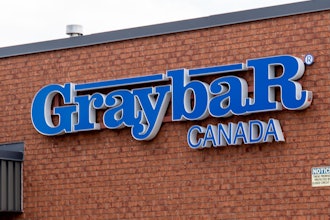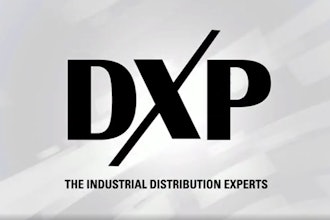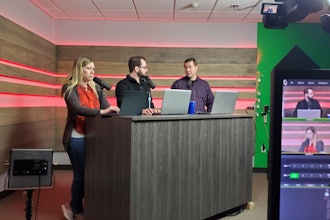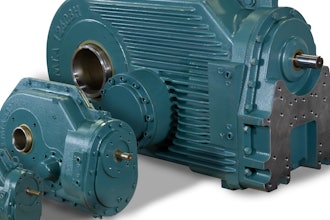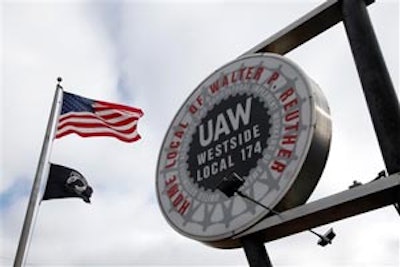
The areas of labor, employment, and safety exposure which present very real threats to the distribution industry. There are several reasons for this increased focus on these types of business:
- Distribution is a huge market for plaintiff lawyers who want business, unions who need members, and government agencies seeking to be relevant in the new workplace.
- The Administration and third party groups such as “Occupy Wall Street” spin offs, are critical of the often non-union supply chain process. The Wage Hour Director wrote a scathing book titled, The Fissured Workplace: Why Work Became Back So Bad For So Many And What Can Be Done To Improve It. The book raises valid concerns, but you won’t like the proposed “fixes” of more regulation and encouragement of unionization.
- You may also suffer ancillary damage resulting from attacks on your customers. Third parties may attack suppliers and distributors as a way of bringing pressure on the customer. Or unions may try to embarrass a distributor’s customers in order to force the distributor to “voluntarily”recognize a union.
Embarrassment & Public Attacks Are the New Organizing Tool
Unions and other third parties have never before so heavily used public embarrassment as a means of organizing employees. The key to union organizing is to find a disgruntled employee who will serve as a leader and capitalize on existing workplace problems. These problems are typically compounded by communications breakdowns and ineffective supervisors. Surveys show that the most divisive workplace issues are a sense of unfairness, discrimination, an unsafe workplace, and a sense that the employer does not care about employees.
Increasingly, unions may not wait for these issues to develop. They may create their own issues. This strategy partially explains the increase in wage hour and related class actions, immigration, and national origin complaints, and OSHA safety and whistleblower investigations.
Who Needs An Election … Let’s Just Pressure the Employer Into Recognizing the Union
The need to create issues does not alone explain the increase in union efforts to publicly embarrass employers, including by making claims such as “environmental racism,” the need for a living wage, subcontractor safety, and mistreatment of overseas workers. Unions are using public embarrassment and related legal claims in an effort to force an employer to voluntarily recognize a union without the necessity of an election. Unions do not want the typical 42-day campaign period which allows the employer to share their side of the story. Thus, some unions would prefer to make life so miserable for employers that they simply accept the union’s claim that the union represents the majority of employees. And if not, since the union is not seeking an election, the campaign may drag on for years.
UNITE-HERE’s attacks on the Hyatt Corporation is an excellent example. The union created a coalition of third party groups and filed numerous legal claims, publicizing the company’s supposed faults, which obviously discouraged guests and groups from using the properties. The union supported studies that purported to show that housekeeping employees suffer grievous ergonomic injuries because they were forced to clean too many rooms. The union emphasized that the many of the housekeepers were minorities. The union then orchestrated the filing of dozens of highly publicized OSHA ergonomic complaints throughout the country. The head of OSHA even wrote a public letter to the company criticizing its practices. Trucking and logistics employers have similarly been barraged by safety claims.
If We Embarrass the Company’s Customers, Maybe the Company Will Give In
Some unions have attacked the customers of the companies that the union has been unable to organize. In one case, hand billers followed bakery delivery trucks to stores and claimed that the bakery’s products violated health standards.
Questions For You, the Business Owner:
- Do you regularly conduct surveys of employees and management, and compare the employee’s perceptions with those of the managers? You will typically find that your perception of workplace satisfaction and issues differs markedly from the employees.
- Are your supervisors “accidental supervisors” who were promoted because of their skills and have never received meaningful training in managing people?
- Have you conducted state and site-by-site audits to determine unique vulnerabilities? As an example, California mandates certain breaks and lunch periods, which generate hundreds of class actions. California also allows third parties more access to company property than do other states.
- Have you made an effort to learn the U.S. Department of Labor emphasis programs on contractors, temporary, and leased employees?
- Are you aware that the U.S. DOL and other governmental entities are trying to hold both the company and its logistics partners liable for violation of immigration, wage-hour, or OSHA requirements?
- Have you reviewed your no solicitation/no distribution, electronic communications, corporate ethics and civility, confidential information, property control, and similar policies in the last six months? If you have not done so, if is likely that the NLRB has concluded that some of your policies violate the law.
- Have you trained sales and customer service personnel to be alert to third party attacks on your customers?
- Do you have a media plan and public relation personnel available to assist you with attacks designed to harm the company brand? What about calming angry customers and responding to harassment at their sites?
- Do drivers and customer representatives know what to do if they encounter pickets or hand billers at a delivery location?
- Are you aware of OSHA’s focus on routine items, blocked exits, electric cabinets, fire extinguishers, and routine electrical violations within your industry, which can be used to generate costly repeat citations?
Howard Mavity is a partner in the Atlanta office of Fisher & Phillips LLP and co-chairs the firm's Workplace Safety and Catastrophe Management Practice Group. He draws upon his past business experience in transportation, logistics, construction, and industrial supply to work with clients as a business partner, and focuses on eliminating employee problems by commonsense management. Mavity has provided counsel for more than 225 occasions of union activity, guided unionized companies and has managed some 500 OSHA fatality cases in construction and general industry, varying from dust explosions to building collapses, in virtually every state. For more information, please visit https://www.fisherphillips.com/en/index.html.









